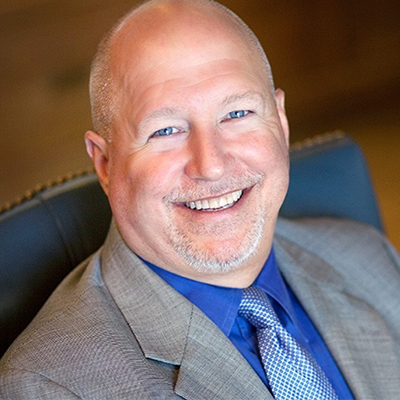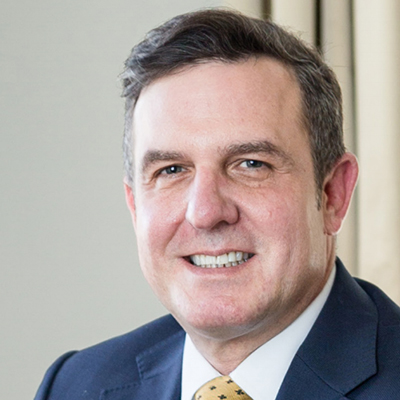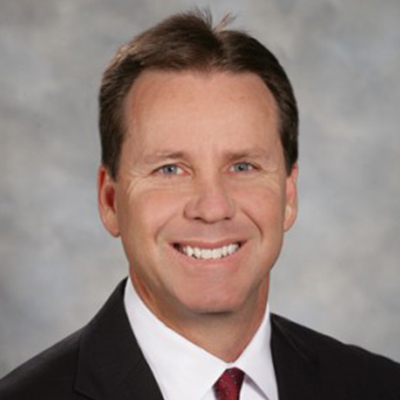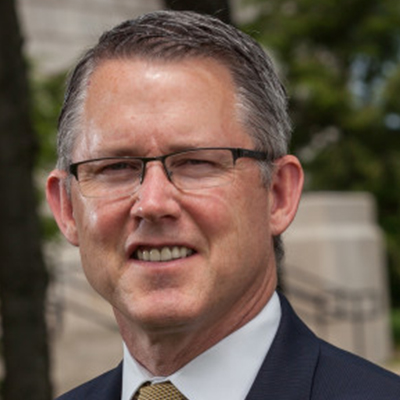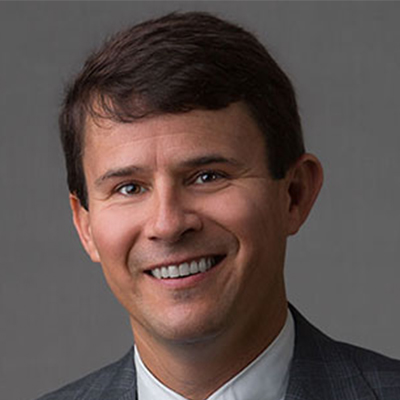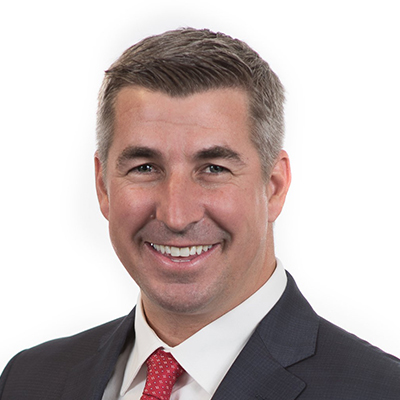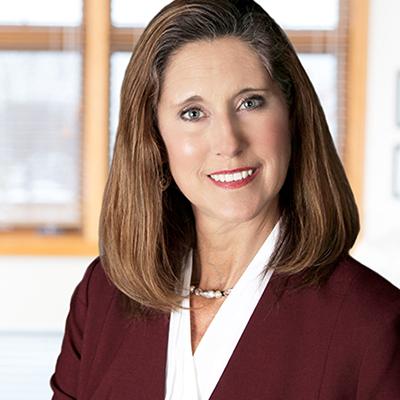I often begin leadership workshops by asking this question: What do you most look for and admire in a leader, someone whose direction you would willingly follow? What one word would you use to describe him or her?
I’ve received hundreds of responses, including “Honest,” “Smart,” “Caring,” “Supportive,” “Fair” and “Inspiring.”
“Humble” often hits the top 10.
“Big ego” never makes the list.
Are Humble Leaders Better Leaders?
In his book “Learn or Die: Using Science to Build a Leading-Edge Learning Organization,” Edward Hess, professor at the University of Virginia Darden Graduate School of Business, reviewed eight well-researched studies that defined the characteristics of consistently high-performing businesses. While the eight studies used different methodologies and terminology, they all found that high-performing organizations were characterized by:
- High employee engagement
- Relentless, constant improvement (organizational learning)
- Strong purposeful cultures with cultural fit-based hiring practices
- Humble, passionate leaders
The last one caught my attention, as it was the only attribute specifically dealing with the organization’s leaders, rather than a description of the organizational culture.
One of those studies is chronicled in Jim Collins’ “Good to Great: Why Some Companies Make the Leap … And Others Don’t.” Collins defined the most successful leaders as “level five leaders” who “blend extreme personal humility with intense personal will.” He described them as often “quiet, humble, modest, reserved, shy, gracious, mild-mannered, self-effacing and understated.”
Compare this to the not-so-highly scientific poll recently released on the game show “Family Feud” where 100 people were asked, “Name an Occupation Whose People Have Big Egos.” Lawyers came in a close second place to actors. Doctors, athletes and stockbrokers rounded out the top five.
Hess claims that in the future, “the jobs that will be ‘safe’ involve higher-order cognitive and emotional skills that technology can’t replicate, like critical thinking, innovation, creativity, and emotionally engaging with other humans. All of those skills have one thing in common: they are enabled by humility.”
For the skeptics, he asks, “Have you ever met someone with a big ego who was really good at being open-minded? Really good at reflective listening? At putting himself in another’s shoes? At playing well with others? At saying, ‘I don’t know, ‘Your idea is better than mine,’ or ‘You are right’? I didn’t think so.”
Can lawyers (and those who work with them) learn to quiet their egos and practice humility?
Hess has written here and in his book about ways you can work to hone your humility. Here is a summary of his suggestions.
First, know that you’ll have to work against your brain’s natural inclinations.
According to Hess, quieting our egos actually goes against our nature. Cognitively, we humans are wired to selectively process only information that is confirmatory — and to selectively filter out information that contradicts what we “know” to be “right.” In addition, we’re lazy, self-serving and emotionally defensive thinkers who are driven to protect our egos.
“However, the science is quite clear that high-level and innovative thinking is a team sport,” he comments. “To learn, adapt, and succeed, we have to be willing to look closely at our mistakes and failures, to really listen to people who disagree with us, and to allow the best thinking and best ideas to rise to the top — which requires humility!”
Seek objective feedback about your ego.
Since this isn’t an area in which you can trust your own judgment, have the courage to ask people who know you well at work and in your personal life for unvarnished feedback — feedback that focuses on your emotional intelligence and your behaviors concerning open-mindedness, listening, empathy and humility. “Explain why you need honest answers,” instructs Hess. “Emphasize how appreciative you will be if they are honest and that candor will not diminish the relationship. After receiving the feedback, evaluate it with a trusted other. Thank everyone who had the courage to give you honest feedback. Reflect on the picture you received and decide what you want to do with that data.”
Change your mental model of what “smart” looks like.
The “new smart” means knowing what you don’t know and knowing how to learn it, being able to ask the right questions, and being able to examine the answers critically. We are all sub-optimal thinkers. Only those of us who can graciously and humbly admit that we don’t know it all will succeed. So change how you keep score. Engage in collaboration, seek out feedback, and ask for help daily. That will push you toward developing the humility and empathy you’ll need to “win” in the new game.
Learn to put yourself in others’ shoes.
Research says one way to become less self-absorbed and more open to the experiences of others is to actively work on being more empathetic and compassionate.
“Suspending judgment so that I can put myself in another person’s shoes has always been a particular challenge for me,” Hess admits. “My mind always wants to jump to a conclusion instead of really considering what the other person is experiencing, thinking, or feeling. Active listening has been an important tool in helping me learn to set my ego aside. When I remind myself to focus all of my attention on what someone else is saying instead of on formulating my own response, my understanding of the situation grows — and often, so does the amount of empathy I feel.”
Quiet your mind to stay in the moment.
Hess points to attention-focused meditation as a time-honored method of calming one’s inner self-intensity. Fully engaging with your current experience (as opposed to ruminating on the past or worrying about the future) enables you to maintain a balanced, healthy perspective. Staying in and responding to the present moment is also a powerful safeguard against ego-driven misunderstandings and misinterpretations.
“Personally, I have found that meditation makes me more aware of my physical reactions — breathing and heart rate,” he says. “I now know that when my internal motor gets running really fast I tend to revert to a ‘me’ syndrome, and that I need to deliberately slow myself down so that I can exhibit more calmness and openness to others. I have come to understand that as a teammate and as a leader I don’t have to be right all the time or the center of attention all the time — but I do have to work with others to arrive at the best answer.”
Stop letting fear drive your decisions.
We often play it safe because we don’t want to look dumb, be wrong, or fail spectacularly in front of our friends and colleagues. In other words, we’re afraid of making mistakes and bruising our egos. Hess says being okay with being wrong is a necessary and important part of developing humility.
“Fear of failure, fear of looking bad, fear of embarrassment, fear of a loss of status, fear of not being liked, and fear of losing one’s job all inhibit the kind of learning, innovation, and collaboration that’s essential for your long-term job security,” Hess asserts. “The faster and better you are at turning mistakes into learning opportunities, the less likely it is that you will be replaced by some machine,” he adds. “Having an ego that’s not afraid to acknowledge mistakes, confront weaknesses, and test assumptions is a reliable strategy for long-term success.”
Grade yourself daily.
There’s a reason why to-do lists are so popular: They work! Create a checklist of reminders about the need to be humble, open-minded, empathetic, a good listener, or any other ego-mitigating quality you wish to work on. Make the list as detailed as possible. Review it before every meeting and grade yourself. For example, if you want to work on being a better listener, your list might include the following tasks:
- Do not interrupt others.
- Really focus on understanding the other person.
- Suspend judgment.
- Do not think about your response while the other person is still talking.
- Do not automatically advocate your views in your first response.
- Ask questions to make sure you understand the other person.
- Ask if you can paraphrase what the other person said to make sure you heard her correctly.
- Really try to understand the reasons the other person believes what he believes.
Managing Yourself Every Day
“If you reflect and work on managing yourself every day, you will notice a difference in your humility-to-ego ratio,” says Hess. His advice: Pick two behaviors you want to change. “Seek the help of trusted others in creating your checklist and ask for their help in holding you accountable. Give them permission to call you out when they see you acting in opposition to your desired new behaviors.”
About the Author
Mark Beese is president of Leadership for Lawyers LLC, a consultancy focused on helping lawyers become better leaders. Chair of the Lawyer Leader Task Force of the ABA Law Practice Division, he is also an adjunct faculty member at the Center for Creative Leadership and the Sturm College of Law at the University of Denver.





